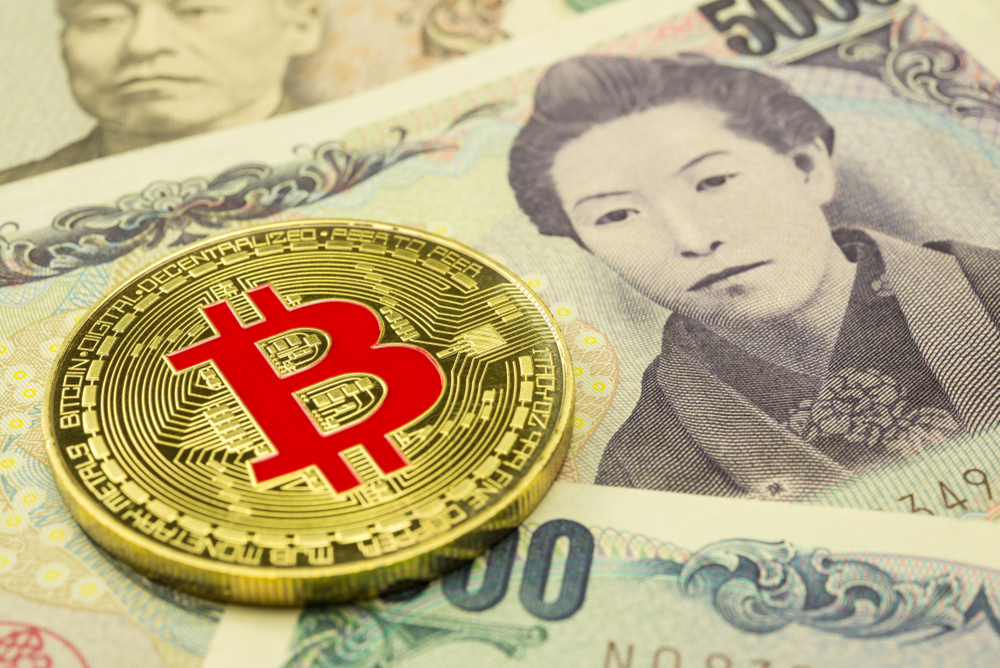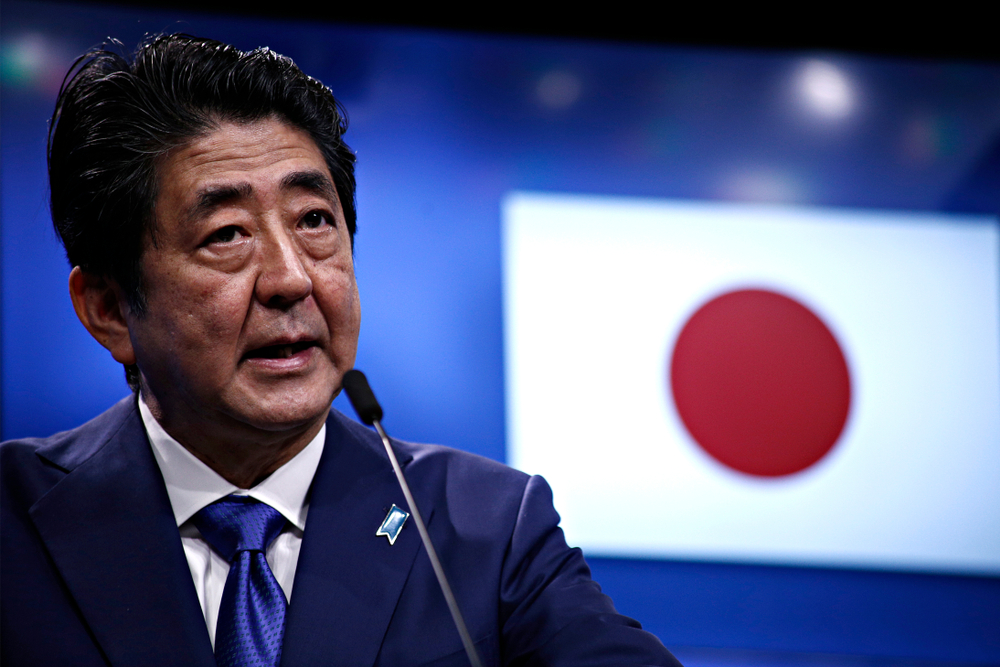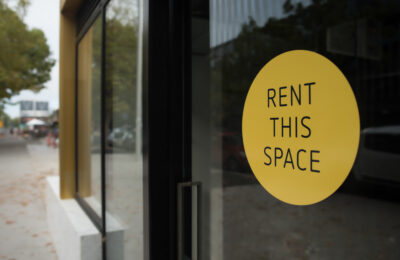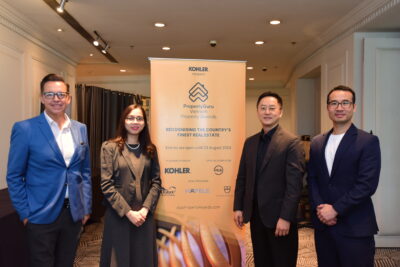Japan shows yen for blockchain innovation
The East Asian power is once again living up to its reputation as a tech innovator—with blockchain, crypto and other fintech advances changing the face of the country’s real estate industry

In Oji, a northern suburb of Tokyo, a robot conducts a sublease rent assessment on a new-build near the local train station. The transaction—which uses a smartphone to photograph the shape of the plot and then estimate the maximum expected revenue and land price after [virtually] constructing a variety of buildings on the land—is done in 20 seconds. That is a sneeze compared to the usual one-week callback a client would expect when dealing with a human realtor.
Welcome to the future of real estate courtesy of Zweispace, a Tokyo-based proptech company. Among the first wave of property firms to focus solely on blockchain and artificial intelligence to bring lightning-speed services to the industry, Zweispace recently completed a patent on its new Autocalc property robot at the end of June—an industry first. It’s a monumental development, but one that may not be warmly welcomed by a conservative real estate sector—least of all the wary humans whose jobs could very well end up obsolete.
But rather than replacing humans entirely, Zweispace argues that most of its blockchain initiatives are designed to make realty work simpler (and cheaper) for people. Last year, its partnership with real estate site Hudosanya.co.jp enabled the latter to offer free listings on its site using blockchain registration.
Escrow Agent Japan and luxury developer Presi, both based in Tokyo, have also teamed up with Zweispace—a move that helped to speed up and reduce the cost of drawing up architect plans, property appraisals, and land purchases. Zweispace has also announced a “real-estate robot tax,” contributing one percent of all profits to a creative industry fund as part of its corporate self-tax scheme.
Today, Zweispace’s sphere of influence is spreading beyond Japan. In May, Bitcoin SV saw its value quadruple in just a few days to USD232 after Zweispace announced the new Bitcoin as its preferred cryptocurrency. The company, which plans to patent and spread its blockchain-built property solutions across Asia, is seeking partners in China, India, South Korea, Indonesia, and the Philippines.
After falling behind the likes of the US and China on blockchain uptake, Japan—thanks to tech startups like Zweispace—is now emerging at the front of the pack, say analysts. “Japan is quickly becoming a leading force in crypto assets and blockchain,” says Emi Yoshikawa, senior director of global operations at Ripple, a real-time settlement system that supports cryptocurrency and fiat currencies, as well as commodity exchanges and remittances.

Stability and acceptance have proven key, as is Japan’s willingness to embrace the new. While the governments of the world’s two most populous countries China and India have imposed outright bans on cryptocurrencies, Tokyo has accepted the likes of Bitcoin as a reality and instead sought to legislate its usage. In April 2017, the government announced a new Bitcoin Regulation Law, approving amendments in May that further protect rather than punish users.
The move isn’t without risk. Hacking has become a real problem in Japan. Last year, Japan’s Coincheck was hacked for more than USD500 million in digital currency. Just this July, Remixpoint, which operates the Bitpoint Japan exchange in Tokyo, found JPY3.5 billion (about USD32 million) had disappeared from a so-called “hot wallet” connected to the internet. Anonymous cryptocurrencies like Monero and Zcash also remain a sticking point for an administration fearful of money laundering and purchases of guns and drugs online.
Yet despite the risks, Japanese Prime Minister Shinzo Abe has remained positive on cryptocurrencies. It fits right into his “Abenomics” policies, which emphasise reforms to make Japan’s economy more competitive while expanding money supply. “Blockchain has the potential to make various industries safer and more efficient,” Abe told Japan’s parliament, the Diet, in February. At this year’s G20 Summit in Osaka, the prime minister headed talks on cryptocurrencies that led to a group declaration that “crypto-assets do not pose a threat to global financial stability” despite the input of crypto critics, including US President Donald Trump.
More: The state of zero-carbon development in Asia
Japanese banks are leading the way in crypto research. In the Bank of Japan, the European Central Bank has found a forward-thinking partner for its Project Stella—a research project that examines how cryptocurrencies can improve cross-border payments, a key challenge of the global real estate industry. Japan’s MoneyTap, a consumer-focused blockchain money transfer app built by SBI Holdings and Ripple, has now enlisted 20 local banking partners for its Ripple-based transfer platform, including Chikubo, Ashiga, Towa, Shimane, Toho, and Fukushima banks who all signed up in late June.
The Japanese are already embracing the technology at a faster rate than just about any other country on Earth. With a shrinking population of 127 million people, Japan represents just 1.85 percent of the world’s population yet more than 11 percent of all crypto trading volume. Last year, 3.5 million Japanese were confirmed users of currencies like Bitcoin, and in October, Japan will hold its first Blockchain Week, a gathering of crypto enthusiasts from around the country.
Currently with housing rental contracts, face-to-face communication between lenders, management companies, brokerages and borrowers require a great deal of work. Speeding things up is an urgent issue
Soon, real-estate companies may not be able to avoid blockchain. Last summer, Japan’s land ministry began trials on a new blockchain land registry expected to cover the whole of the country by around 2022.
Many Japanese property firms are embracing this new technology. Tokyo-based crypto startup bitFlyer announced in late July a new partnership with the monolithic Japanese conglomerate Sumitomo Corporation aimed at digitising housing rental contracts using bitFlyer’s ‘miyabi’ blockchain. “Currently with housing rental contracts, face-to-face communication between lenders, management companies, brokerages and borrowers require a great deal of work,” says bitFlyer CEO Yuzo Kano. “Speeding things up is an urgent issue.”
More: Winter sports hubs halt their slide
Hokkaido Tracks, a luxury ski resort developer and agency, announced the first blockchain property deals in Asia in April. Two properties in the resort of Niseko were purchased in Japanese yen by a group of investors from Hong Kong, with the contracts all signed and sealed using the Propy blockchain with Hokkaido Tracks acting as agent.
“The difference between using Propy versus a traditional transaction at this time in Japan is that it allows all parties to view and keep track of the deal all in one digital platform. This will help streamline the real-estate transaction process,” says Paul Butkovich, sales and operations manager at Hokkaido Tracks.
Despite these recent advances, however, Butkovich tells Property Report he still expects paper-based contracts to continue for some time—even in tech-savvy Japan. “But, as the population gets older and the workforce shrinks, I think they will embrace the opportunity to digitise things,” he forecasts.
This article originally appeared in Issue No. 156 of PropertyGuru Property Report Magazine
Recommended
Meet the vagabond architect behind India’s housing scene
Vinu Daniel is helping to shake up India’s home building setting
Where Asian real estate stands in a fragmented, warmer world
Asia’s real estate industry faces many and varied challenges as external factors continue to bite
6 sights to see in Singapore’s Marine Parade
Handily located Marine Parade has emerged as a vibrant investment choice in the Lion City
There’s a township dedicated to health and wellness in Malaysia
Property seekers have their health needs catered for at KL Wellness City








